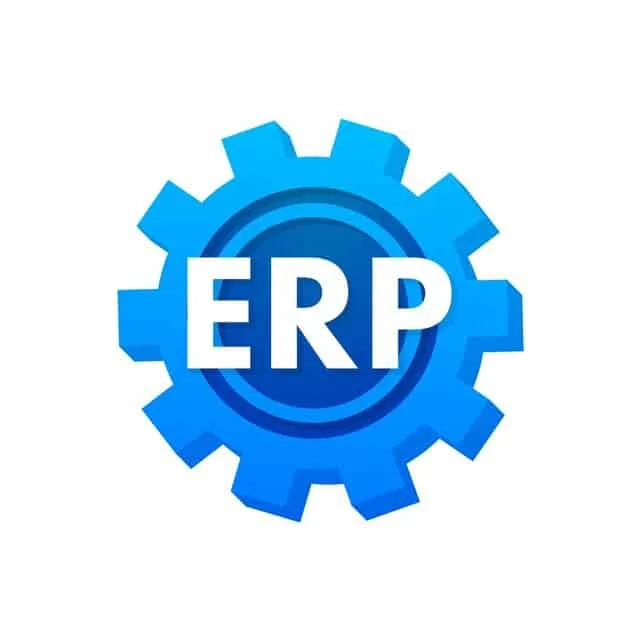In the complex landscape of modern enterprises, tools for optimizing processes have become essential. An ERP (Enterprise Resource Planning) system emerges as a revolutionary solution. This software system centralizes and homogenizes the management of an organization’s resources, integrating everything from human resources to production. By automating and streamlining operations, the ERP meets the needs of both small and medium-sized enterprises as well as large structures, thus facilitating efficiency and responsiveness in a constantly evolving digital environment.
An ERP (Enterprise Resource Planning) is a centralized software system designed to optimize business management. It provides a unified view by integrating various management processes within a single tool. This integrated management software, known by the acronym ERP, plays an indispensable role in improving the efficiency and coordination of operations.
One of the main features of the ERP is the automation of processes. Through its various modules, the ERP adapts to various functions such as human resources, manufacturing, sales, and finance. With this centralization, it becomes possible to standardize the company’s information system for more informed decision-making.
The integration of different services with an ERP leads to centralized data collection. This means that information from production, purchasing, or sales is consolidated into a single point. Such an organization of information facilitates traceability and makes data processing more agile and transparent.
The choice of an ERP is essential for both SMEs and large companies. The system it provides proves particularly effective for centralizing and managing operational actions. The unique interface it offers thus becomes a valuable ally for monitoring and supervising all activities, simplifying exchanges between different stakeholders.
Some of the most well-known ERPs include solutions like SAP, which may differ in their approach and specialization but share a common ambition: to improve business management by eliminating information silos. To understand the difference between software like SAP and other ERP systems, one must consider the specific needs of each company and adapt accordingly.
In the modern context, innovations from Industry 4.0 enhance the interest in ERPs. This digital transformation advocates for advanced automation and intelligent interconnection of systems. Thus, cybersecurity becomes crucial to protect these environments, as mentioned on inoindustry.com. Similarly, by integrating Industry 5.0, it is imperative to consider the integration of humans into this digital revolution, a topic addressed on inoindustry.com.
At the same time, it is essential to recognize the role played by innovative startups in the industrial revolution, as noted by inoindustry.com. They bring disruptive solutions that, when integrated with ERP systems, transform the landscape of traditional industry. These new players accelerate the transition towards a more lean, agile, and demand-focused economy.
In summary, an ERP system becomes a fundamental pillar for any company looking to successfully navigate the modern economy. Its ability to centralize resource management while adapting to specific needs makes the ERP an indispensable tool for digital transformation and process optimization.

FAQ: Understanding ERP: Integrated Resource Management of the Company
Q: What is an ERP?
A: An ERP (Enterprise Resource Planning) is a business management software that centralizes all operational actions, providing a unique interface to manage various processes such as human resources, production, and manufacturing.
Q: What is the main function of an ERP?
A: The main function of an ERP is to standardize the company’s information system by integrating a broad scope of management. This encompasses the centralization of data from different departments such as production, purchasing, and sales.
Q: Who can use an ERP?
A: An ERP is designed to adapt to both SMEs and large organizations, as it offers the flexibility and scalability needed to meet a variety of operational needs.
Q: What are the benefits of using an ERP?
A: The main advantage of an ERP is the centralization of data, which improves operational efficiency and facilitates the automation of processes, thereby reducing human errors and enabling faster decision-making.
Q: How can an ERP be implemented in a company?
A: The implementation of an ERP requires careful planning to harmonize internal processes. It is essential to conduct a needs analysis, choose suitable software, and train employees to effectively use the unique ERP interface.


